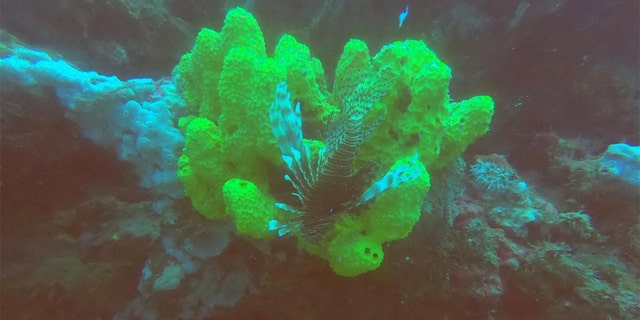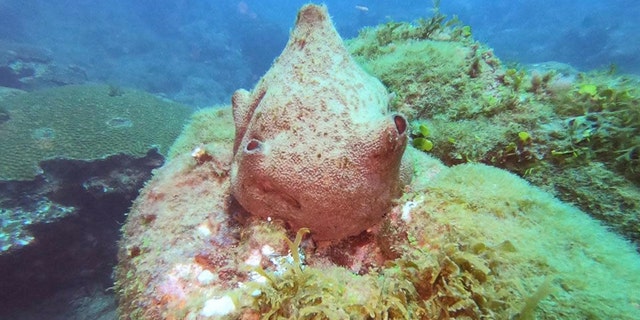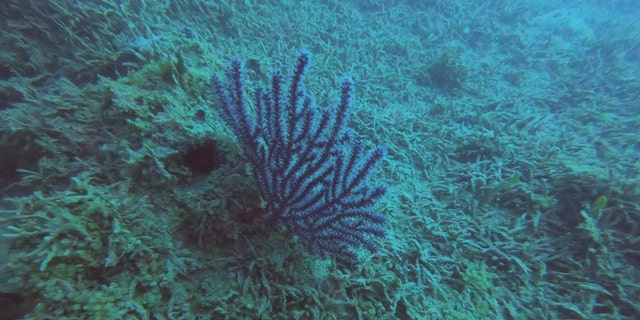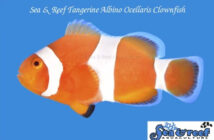Scientists have just discovered five new coral reefs that form a vast, 310-mile corridor in the Gulf of Mexico.

Scientists from the University of Veracruz and Mexico’s National Institute of Technology released their findings about the reefs – Corazones, Pantepec South, Piedras Altas, Los Gallos, and Camaronera – earlier this month.
Leonardo Ortiz Lozano, a researcher with University of Veracruz, made the discovery along with his colleagues, Earther reported. Like many of the coral reef regions, the corridor provides a habitat for many species that fuels a diverse ecosystem.
As you might expect, this recent discovery is currently unprotected but the scientists that discovered the corridor want to change that before it becomes threatened from oil and gas drilling.
“We want the coral corridor to be officially recognized to protect it from the fossil fuel industry.”
As most all of us know, over fishing and some fishing methods along with sedimentation from erosion runoff pose a threat to the reefs. The team wants to establish protections for the newly discovered reefs but at the same time they don’t want to prohibit fishermen from using the area for their livelihood.

A taste of what the team found in the Corazones reef, which they discovered this year. (Courtesy of Leonardo Ortiz Lozano)
“What’s most important is that these sites are where hundreds of fishermen receive their nourishment and work,” Ortiz told Earther. “It’s important to protect these sites, but it’s necessary to maintain the fishing industry.”
“We want the coral corridor to be officially recognized to protect it from the fossil fuel industry,” Ortiz told Earther.

More coral found in the Corazones reef. (Courtesy of Leonardo Ortiz Lozano)
Scientists are studying the ways in which biodiverse reefs can be strengthened through genetics and much research is being undertaken in this area of study.
“There is currently a lot of interest in creating more tolerant corals through genetic engineering and of restoring reefs by targeting more resilient corals,” Caroline Palmer, visiting research fellow at the University of Plymouth who was not affiliated with these newly discovered reefs, said in a press release. “I fully support these approaches, but believe understanding what drives coral health will be key to their success.”





